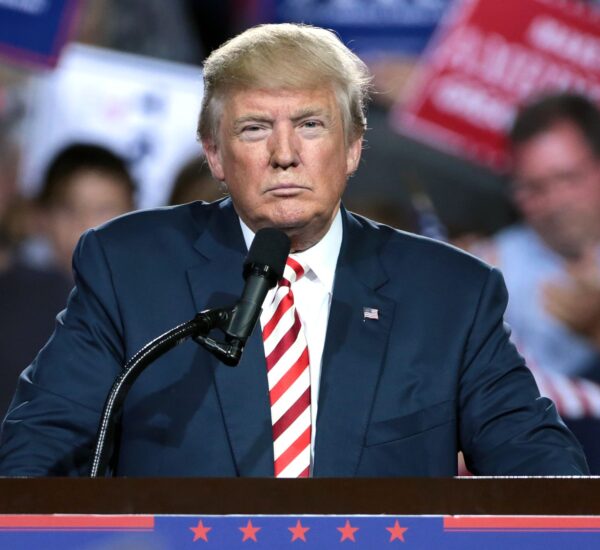Army Ordered To Release Trump’s Records
A federal judge has mandated that Army officials disclose all documents related to former President Donald Trump’s visit to Arlington National Cemetery last summer. This ruling comes as part of a legal effort initiated by American Oversight, a nonpartisan organization focused on government transparency, which filed a lawsuit after submitting a Freedom of Information Act request.
Senior Judge Paul Friedman of the U.S. District Court for the District of Columbia issued the order, emphasizing the public’s right to understand how the government responded to events involving a high-profile presidential candidate. “With the election just two weeks away, it’s crucial for the American people to grasp the dynamics at play, especially when it involves a figure like Trump, who has often been vocal about military matters,” noted Chioma Chukwu, the interim executive director of American Oversight.
During his visit in August, Trump was invited by Gold Star families to commemorate the 13 U.S. service members who tragically lost their lives at Abbey Gate in Kabul three years prior. While there, Trump stated that he was asked to take photos inside Section 60, a designated area of the cemetery where photography is usually prohibited.
However, the visit was not without controversy. Reports emerged of an alleged confrontation between Trump’s staff and an Army member, a claim that Trump’s team has firmly denied. In response, the Army released a statement criticizing the conduct of Trump’s campaign at Arlington.
The forthcoming records may shed light on the nature of the interactions between Trump’s team and cemetery staff that day. As we approach a critical election, transparency regarding these events is essential for the American public to make informed decisions. It’s vital that we understand not just the actions of our leaders but also how they engage with our military and honor our fallen heroes. This situation raises questions about accountability and respect for the sanctity of places like Arlington, which hold deep significance for many Americans.







Sour grapes!
If anyone is a facist or marxist in this statement it would be Milley himself the failed starred arse
“General Mark Milley Calls Trump A Fascist, Is He Right?”
… and we’re supposed to believe what this t r a i t o r says?! i don’t think so!
one principal that i’ll always remember is that whenever a democrat &/or t r a i t o r makes an accusation against a conservative, it’s really about what they, themselves are guilty of and they know that the people in general recognize it as wrong, so they deflect it away from themselves by lying about it by creating a story that makes these types of accusations against their opponents (ie, the conservatives).